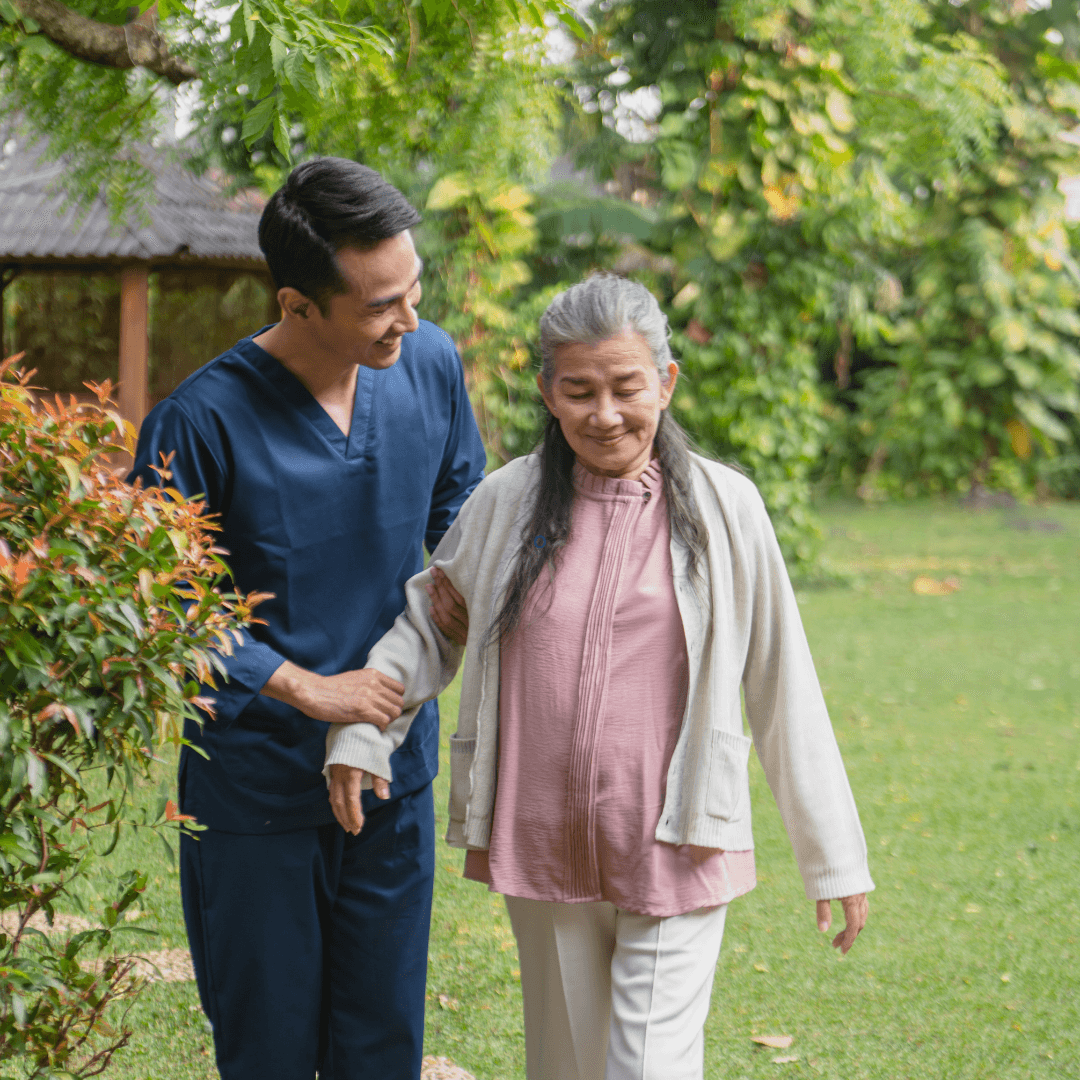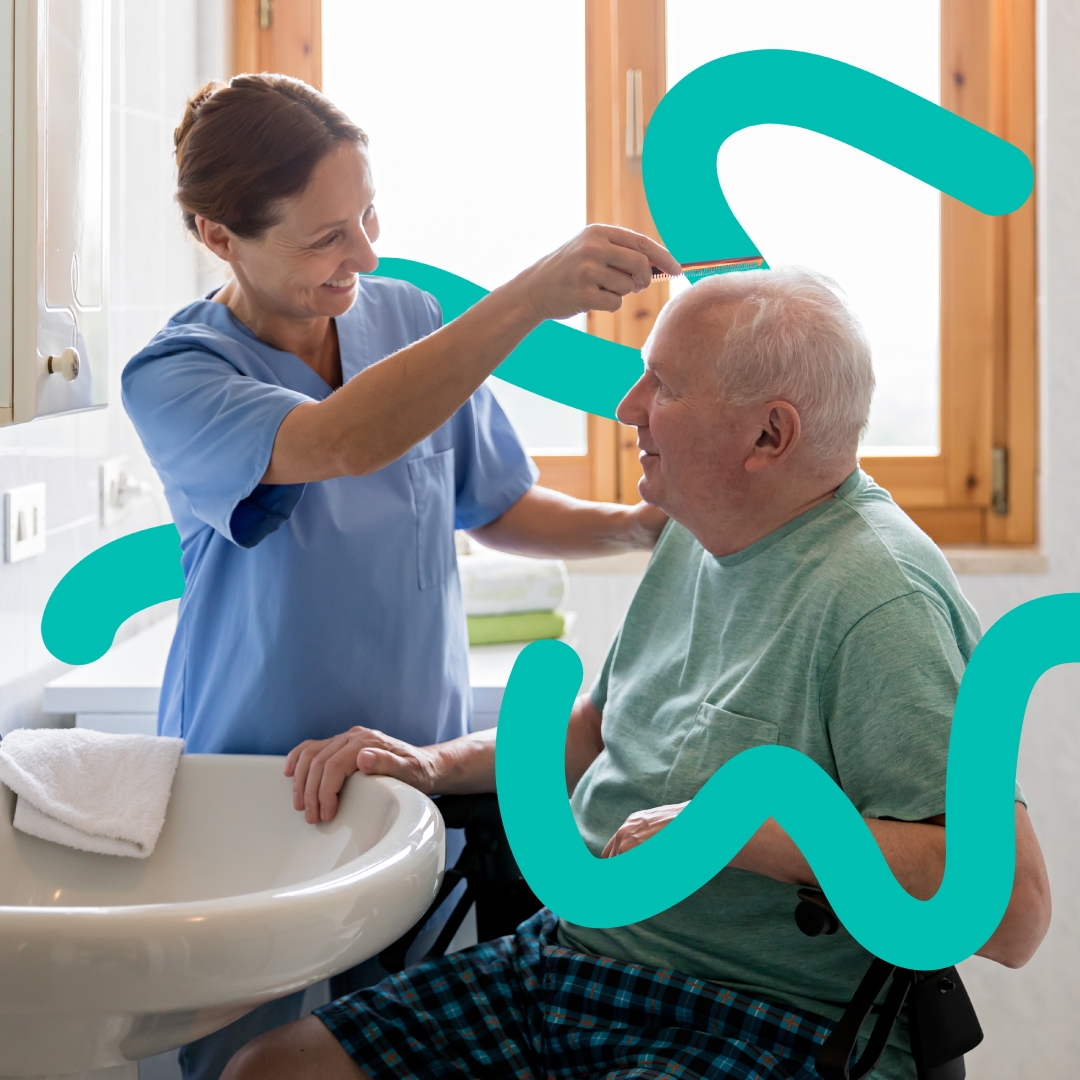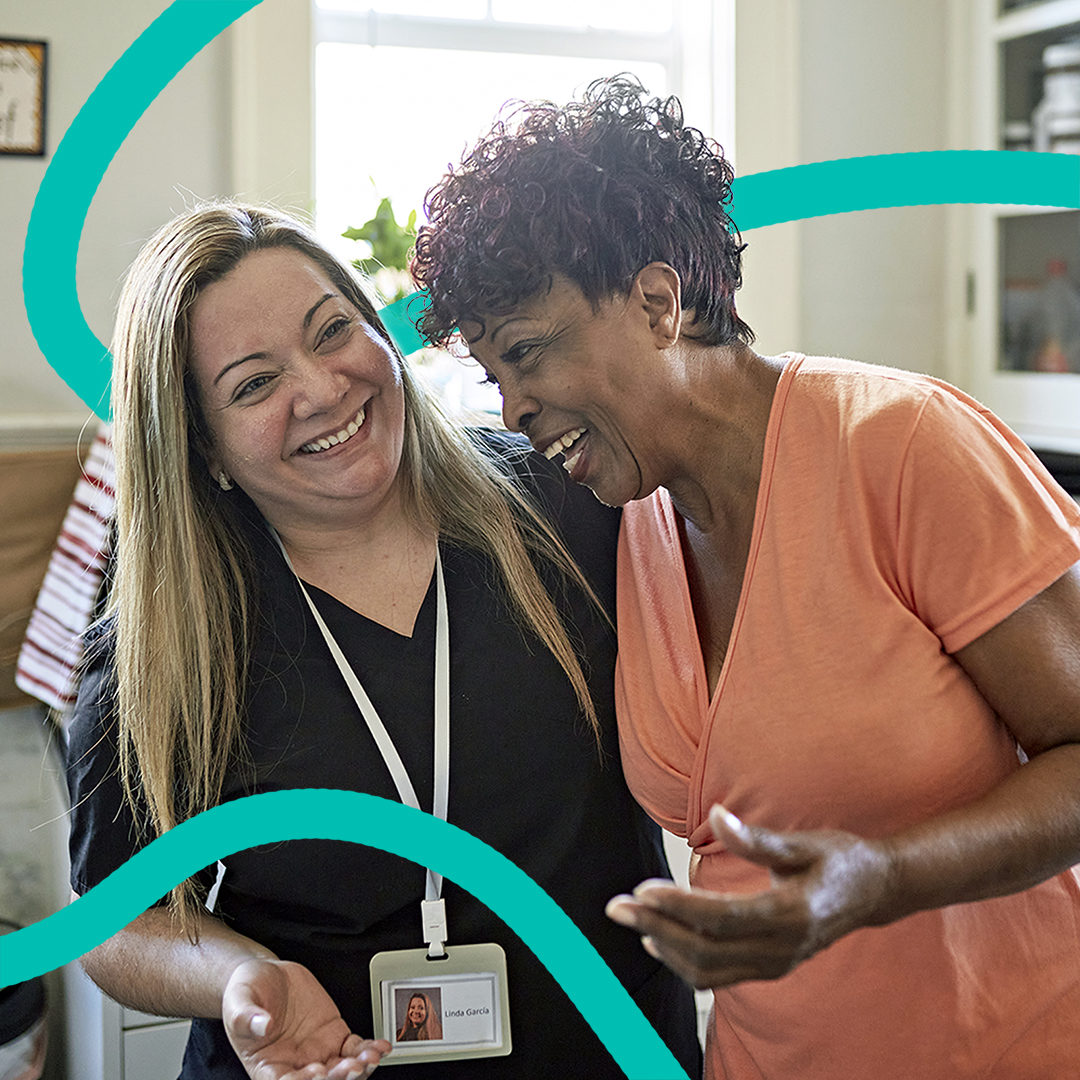Service development in tailoring services to meet the unique needs of individuals within the LGBTQIA+ community is crucial for delivering the highest quality person-centred care. It’s essential that service providers understand and connect with local communities, stepping up to educate where necessary. This ensures that the service effectively meets the distinctive needs of people who deserve access to the person-centred care and support they desperately need.
Through my experiences, I’ve come to realise the importance of understanding the LGBTQIA+ community and their specific needs. It’s encouraging to witness key organisations dedicated to raising awareness, promoting inclusion, and developing services to ensure that members of the LBGTQIA+ community receive the care they deserve. What really comes through is the stark fact that may people who are part of this community don’t have the luxury of a supportive family, children and grandchildren and therefore their community and specialist services are intrinsic to their health and well-being.
Reaching for inclusive care for LBGTQIA+ communities
A five-year multi-stakeholder collaboration is underway to co-design an exemplary and inclusive model of residential aged care catering to LGBTQIA+ older people in Australia. The ultimate goal is to implement this model on a national scale.
Southern Cross University is spearheading the study, aiming to investigate how Australia’s aged care sector can enhance its service delivery to embrace a wider demographic encompassing gender and sexual diversity.
‘Many people say they expect to be discriminated against and often their concerns are about faith-based providers. They can be quite fearful about what might happen to them if they end up in residential aged care,’ says Professor Mark Hughes, professor of Social Work at Southern Cross University), writing in Australian Ageing Agenda.
The ground breaking study is a direct response to the findings of the aged care royal commission, emphasising the crucial need for inclusive service provision in order to create a safe and supportive environment for individuals from diverse backgrounds.
Professor Mark Hughes reports that “There were serious concerns raised by the royal commission about the quality of care provided in residential aged care and there are a number of witness statements which spoke of discrimination and abuse experienced by LGBTQIA+ when accessing aged care.”
“In order to provide a safe and supportive environment with people with diverse genders and sexualities we really need to look at what enables and constrains inclusive care and also develop a model of inclusive care that residential aged care providers can put into practice.”
Understanding diverse needs
Understanding the distinctive needs of each individual is crucial, and it’s essential to educate all staff. This applies to individuals in every position, not just those directly interacting with clients. Since we all have unconscious biases, ensuring that staff members are well-informed about the LGBTQIA+ community is paramount. Tailored training as part of the onboarding process and continuous education will solidify awareness, comprehension, and promote a positive service culture.
Australia is a country with remarkable diversity, encompassing various aspects such as religion, spirituality, sexuality, culture, socio-economic backgrounds, geographic distribution, medical and care requirements, and individual life experiences within its senior population. The Australian Government is dedicated to ensuring that all aged care consumers have access to information and services tailored to their specific characteristics and experiences. In line with this commitment, the Aged Care Diversity Framework (the Framework) was launched in December 2017 and updated in 2024. It consists of three distinct action plans:
- Aboriginal and Torres Strait Islander peoples
- People from culturally and linguistically diverse (CALD) backgrounds
- Lesbian, gay, bisexual, trans and gender diverse, and intersex (LGBTI) people.
This plan can guide providers in identifying inclusive and culturally appropriate practices for consumers. Recognising that there is no one-size-fits-all approach to diversity due to varying organisational contexts and starting points for each provider, the action plan offers three levels of activities; Foundational, Next Steps and Leading the Way. This approach allows providers to select their starting point based on consultations with consumers, support personnel, and staff.
The development and implementation of policies and practices that address the specific needs of Aboriginal and Torres Strait Islander LGBTI individuals, including Brotherboys and Sistergirls, must be prioritised. Regular evaluation of policy implementation and delivery of care and services in collaboration with supporting organisations is essential. It is imperative to develop policies and actions that cater to the diverse characteristics and life experiences of individuals identifying as L, G, B, T, and/or I, as these may give rise to unique requirements and obstacles. ‘For instance, an individual who identifies as gay while also being African might face exclusion from their ethnic community due to their sexual orientation’.
Educating staff to meet individual needs
The delivery of safe and inclusive services that respect diverse needs is integral to the Aged Care Quality Standards where diversity is interwoven throughout the standards, reinforced by Standard 1’s focus on respecting each consumer’s identity, culture and diversity while providing culturally sensitive care and services. The Aged Care Quality and Safety Commission evaluates aged care providers based on service quality experienced by consumers.
Bisexual individuals often have unique needs compared to lesbian women or gay men. It is essential to educate staff about person-centred care and promote a nuanced understanding of bisexuality that goes beyond stereotypes. Organisations should evaluate their diversity and inclusivity policies and practices to ensure they address these specific needs. Additionally, staff should be trained to deliver safe and inclusive services for transgender and gender diverse individuals, recognising that many older members of these communities may have experienced a lifetime of trauma due to discrimination. As a result, providing support or referring them to specialist services may be necessary.
It is important to actively involve the LGBTQIA+ community and organisations to ensure that consumers receive the appropriate support and care. Staff in both home care and residential settings should be educated about trans and gender diverse histories, stories, and experiences. Providers should collaborate with intersex consumers and engage with intersex or specialised organisations to ensure that older intersex individuals receive the essential health services, care, and support required for their well-being.
Person-centred care planning
Person-centred care planning is absolutely crucial for individuals receiving services, and at CareLineLive, we are wholeheartedly dedicated to ensuring that we meet the needs of some of the most vulnerable members of society. Our assessment feature truly empowers users to capture highly detailed data. Specifically, the “About Me” assessment provides individuals with the opportunity to express information about their past, present, and future. Additionally, the assessment gathers essential details that individuals wish to share with healthcare and social care professionals. This may include preferred communication methods, strategies to help them feel comfortable, or specifics about their medication preferences.
The assessment feature includes a total of 16 assessments, and the data from them is then used to create bespoke tasks for carers. This helps in delivering individualised person-centred care through the Carer Companion App.



